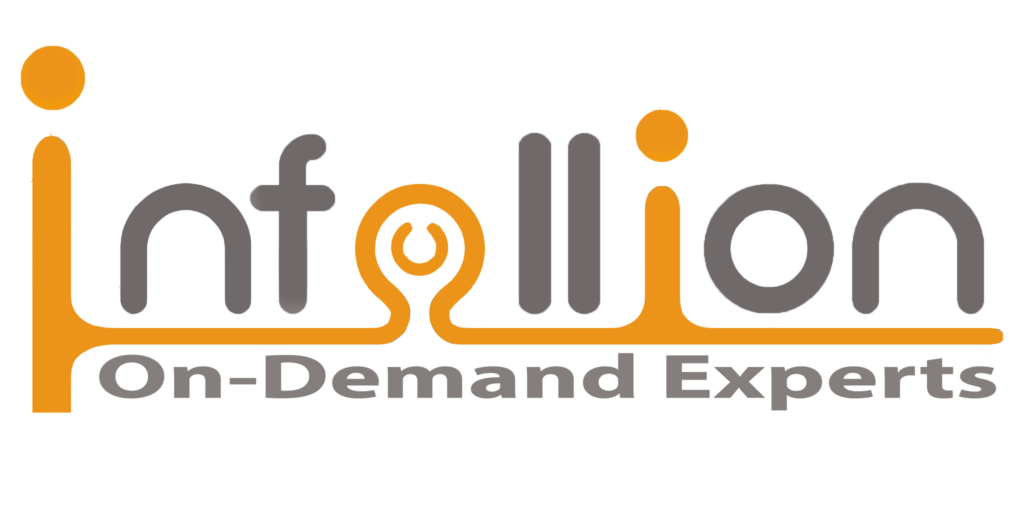Curriculum
- 6 Sections
- 33 Lessons
- 2 Days
- Demystifying ESG - Understanding ESGThis module provides a foundational understanding of ESG (Environmental, Social, and Governance) principles and their growing relevance for today's executives. Learning Objectives: Gain a foundational understanding of ESG (Environmental, Social, and Governance) principles. Explore the key drivers influencing the growing importance of ESG in today's business environment. Recognize the potential impact of ESG on companies and their future strategies.6
- Detailing ESG - What and Who?6
- Materiality Assessment - Tool to evaluateThe Materiality Assessment of ESG module provides participants with a comprehensive understanding of the materiality concept within the context of Environmental, Social, and Governance (ESG) considerations. Through this module, participants will learn how to identify, prioritize, and assess the significance of ESG issues that are most relevant to their organizations and stakeholders. By leveraging practical tools, frameworks, and case studies, participants will gain the knowledge and skills needed to conduct effective materiality assessments, enabling them to focus resources on addressing key ESG risks and opportunities that drive long-term value creation. Objective Learnings: Understanding Materiality: Gain a deep understanding of the materiality concept and its significance in the context of ESG integration within organizations. Identifying Key ESG Issues: Learn techniques for identifying and prioritizing key ESG issues based on their relevance to the7
- ESG Scorecard - Tools for EvaluationThis module series explores ESG (Environmental, Social, and Governance) factors, covering what they involve and their impact on organizations and leaders. Participants gain insights into environmental concerns like climate change, social aspects including diversity and labor practices, and governance7
- 4.1Basics and Theory of ESG scorecard10 Minutes
- 4.2Real-Life Implications: Case Study15 Minutes
- 4.3Building Your ESG Scorecard: A Framework – Production Based Companies15 Minutes
- 4.4Building Your ESG Scorecard: A Framework – Service Based Companies10 Minutes
- 4.5Weighting & Scoring System10 Minutes
- 4.6Real-Life Outcomes & Considerations15 Minutes
- 4.7QnA
- CompetitionThis module examines the competitive landscape within the ESG domain, exploring how it's determined and factors to consider. Participants gain insights into assessing their company's performance within this landscape and engage in practical exercises guided by the trainer.6
- Case Study And Discussion3
Building Your ESG Scorecard: A Framework – Service Based Companies
Building Your ESG Scorecard: A Framework
Aligning with Materiality Assessment: Ensure your scorecard is aligned with the material ESG issues identified through your materiality assessment. This ensures that your efforts are focused on addressing the most relevant issues that matter to your stakeholders and have the greatest impact on your business.
Defining Goals & Targets: Set SMART (Specific, Measurable, Achievable, Relevant, and Time-bound) goals for each material issue. These goals translate your ESG commitments into actionable steps, providing a clear roadmap for progress and accountability.
Selecting Key Metrics:
For Service-Based Companies:
Environmental:
- Energy Consumption: Monitor total energy consumption in your facilities, track energy efficiency measures implemented, and assess the percentage of renewable energy used.
- Resource Depletion: Measure paper usage per employee, water usage per employee, and implement IT equipment refresh cycles with responsible disposal practices.
- Pollution Control: Track business travel emissions, implement reduction strategies, and establish waste reduction and recycling programs.
Social:
- Labor Practices: Monitor employee turnover rate, conduct employee satisfaction surveys, track diversity and inclusion metrics, and invest in training and development programs.
- Customer Satisfaction: Assess customer satisfaction through surveys, track complaint resolution rates, and ensure responsible marketing practices.
- Data Security & Privacy: Monitor data security breaches, track completion rates of employee data privacy training, and implement robust cybersecurity protocols.
Governance:
- Board Composition: Evaluate the diversity of board members and ensure representation of ESG expertise.
- Risk Management: Implement ESG risk assessment procedures and develop mitigation strategies to address identified risks.
- Transparency & Accountability: Enhance ESG reporting frequency and comprehensiveness, and engage stakeholders effectively to promote transparency in governance practices.
By following this framework, service-based companies can develop a comprehensive ESG scorecard that effectively measures their progress towards sustainability goals, drives continuous improvement, and enhances overall business performance and stakeholder trust.

